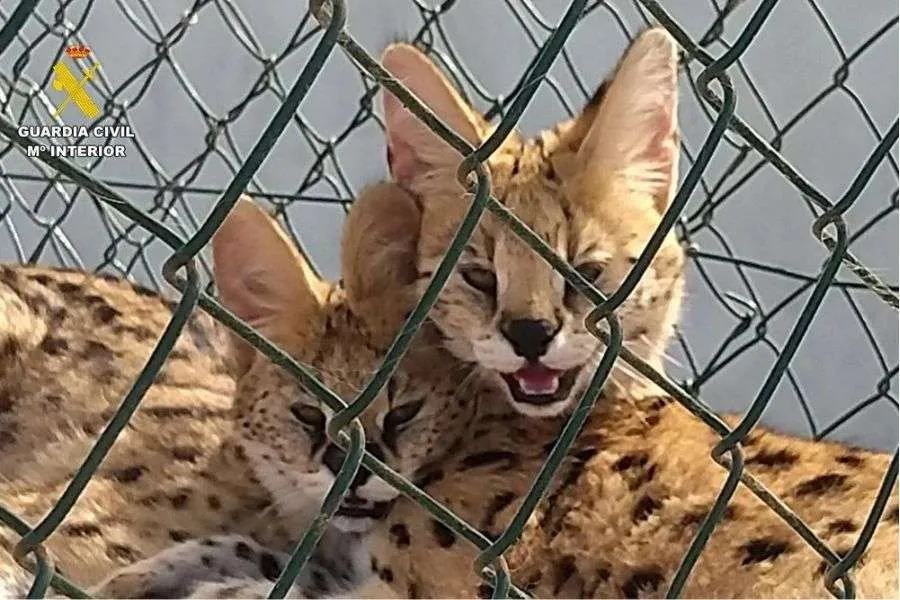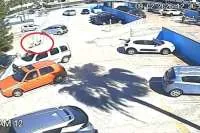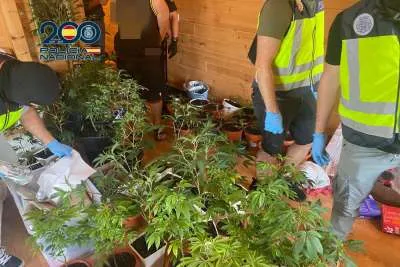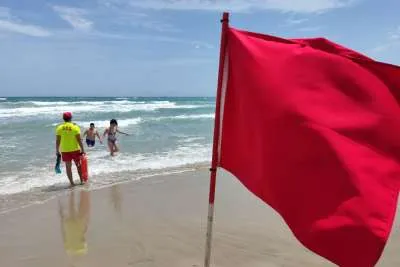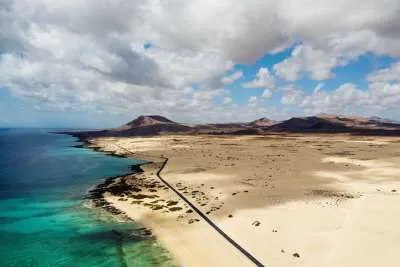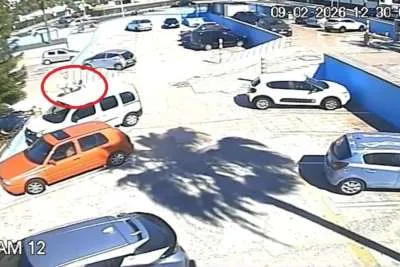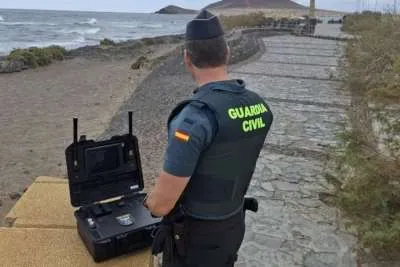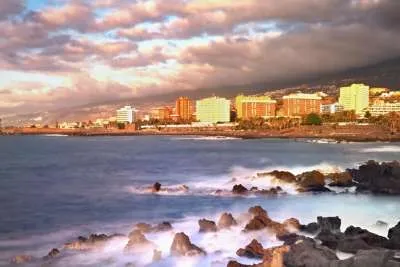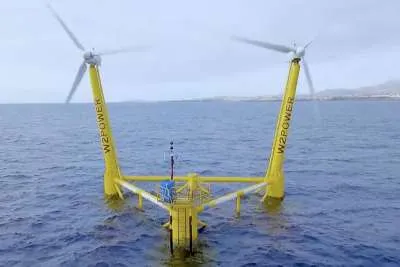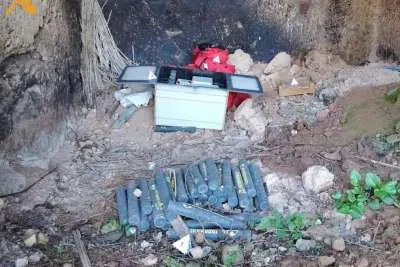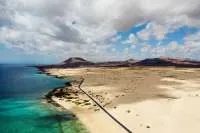Five exotic cats rescued in Gran Canaria
- 05-11-2025
- Gran Canaria
- Canarian Weekly
- Photo Credit: Guardia Civil
The Guardia Civil have seized five wild African cats and launched an investigation against three people accused of committing an offence against protected wildlife for the illegal possession and breeding of Leptailurus serval (African serval cats) in Las Palmas de Gran Canaria.
The discovery was made during “Operation Blood Ties” (Operación Lazos de Sangre), in which police dismantled one of Spain’s most active drug trafficking networks. During a search of a private estate linked to the operation, officers found several exotic animals kept on the property.
Special agents from SEPRONA, the Guardia Civil’s environmental protection unit, inspected the site and found a 50-square-metre enclosure made of metal mesh with a double gate, housing five serval cats, one pregnant adult female, one adult male, and three cubs estimated to be around four months old.
Further investigation revealed that the animals had been brought into the Canary Islands without the required CITES permits and without passing through customs or veterinary health controls. As a result, all five were confiscated, and three people are being investigated for offences related to protected wildlife, as well as potential administrative and customs violations.
The cats have since been transferred to specialised wildlife centres authorised by the Ministry for Ecological Transition (MITECO), where they are being cared for in accredited facilities equipped to handle exotic animals and ensure their welfare.
Illegal possession and breeding of dangerous wild animals
Bringing these kinds of animals into the Canary Islands is a serious offence. Canary Islands law (Decree 30/2018) clearly bans the ownership, breeding, or sale of dangerous wild species, including all types of big cats except the domestic cat. Spain’s Animal Welfare Law (Law 7/2023) also supports this rule by forbidding wild animals from being kept as pets.
Public urged to report illegal wildlife possession
Authorities have stressed that public cooperation is crucial in detecting and preventing the illegal trafficking and unauthorised keeping of protected or prohibited species.
The Guardia Civil reminds residents that anyone who owns, breeds, transports, or trades exotic or wild species, especially those listed under the CITES Convention, must have prior authorisation and registration with the relevant administrative body.
People who currently possess such animals are encouraged to contact the authorities to verify their legality or voluntarily surrender them. Voluntary registration or handover can prevent legal penalties while helping to protect biodiversity and public safety by avoiding the spread of potentially dangerous or invasive species.
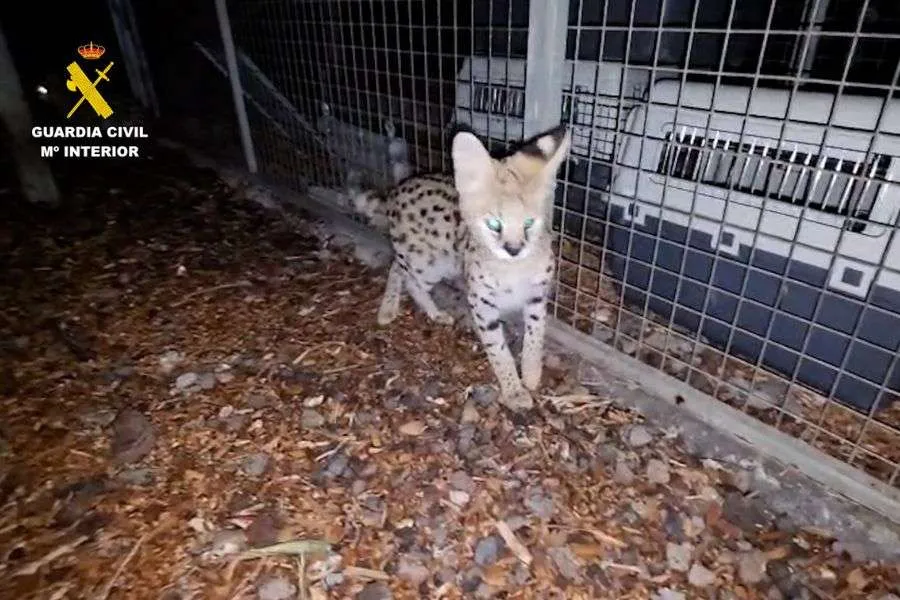
Other articles that may interest you...
Trending
Most Read Articles
Featured Videos
TributoFest: Michael Buble promo 14.02.2026
- 30-01-2026
TEAs 2025 Highlights
- 17-11-2025


